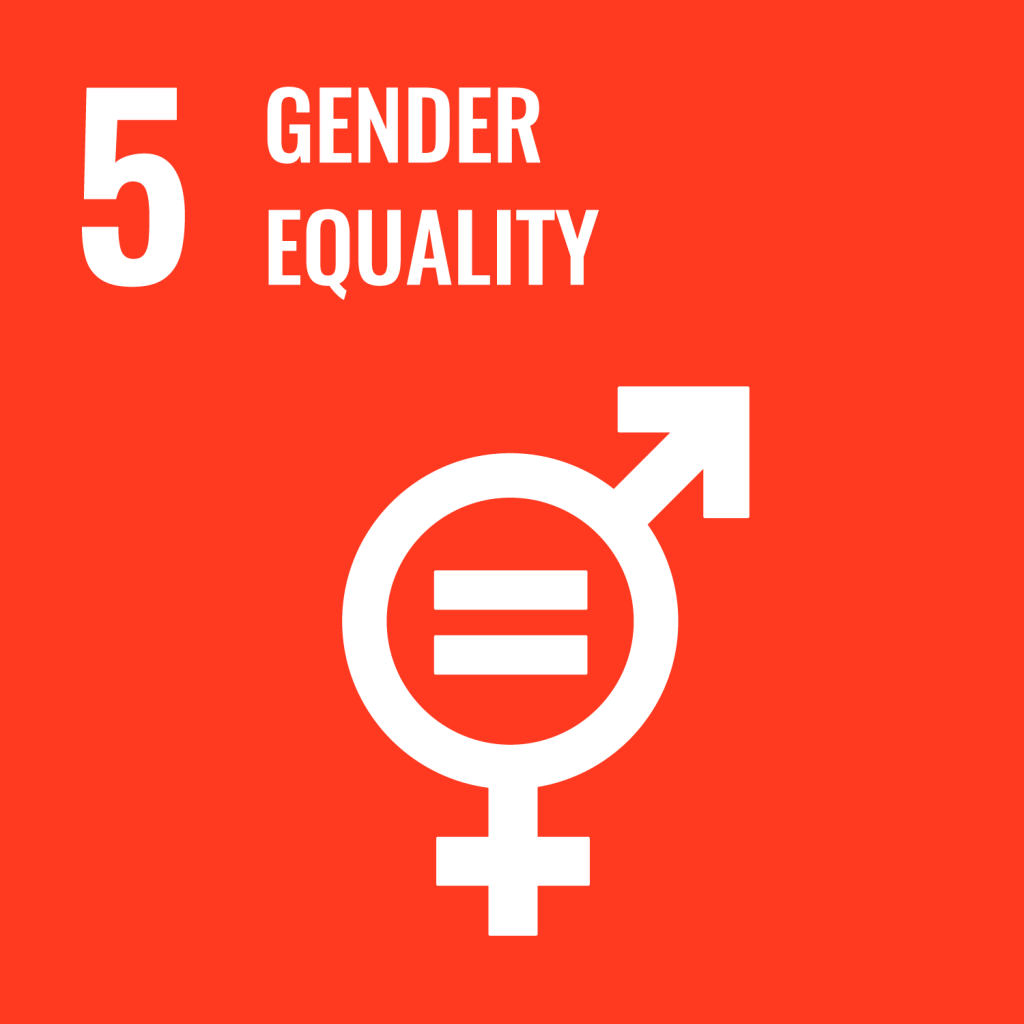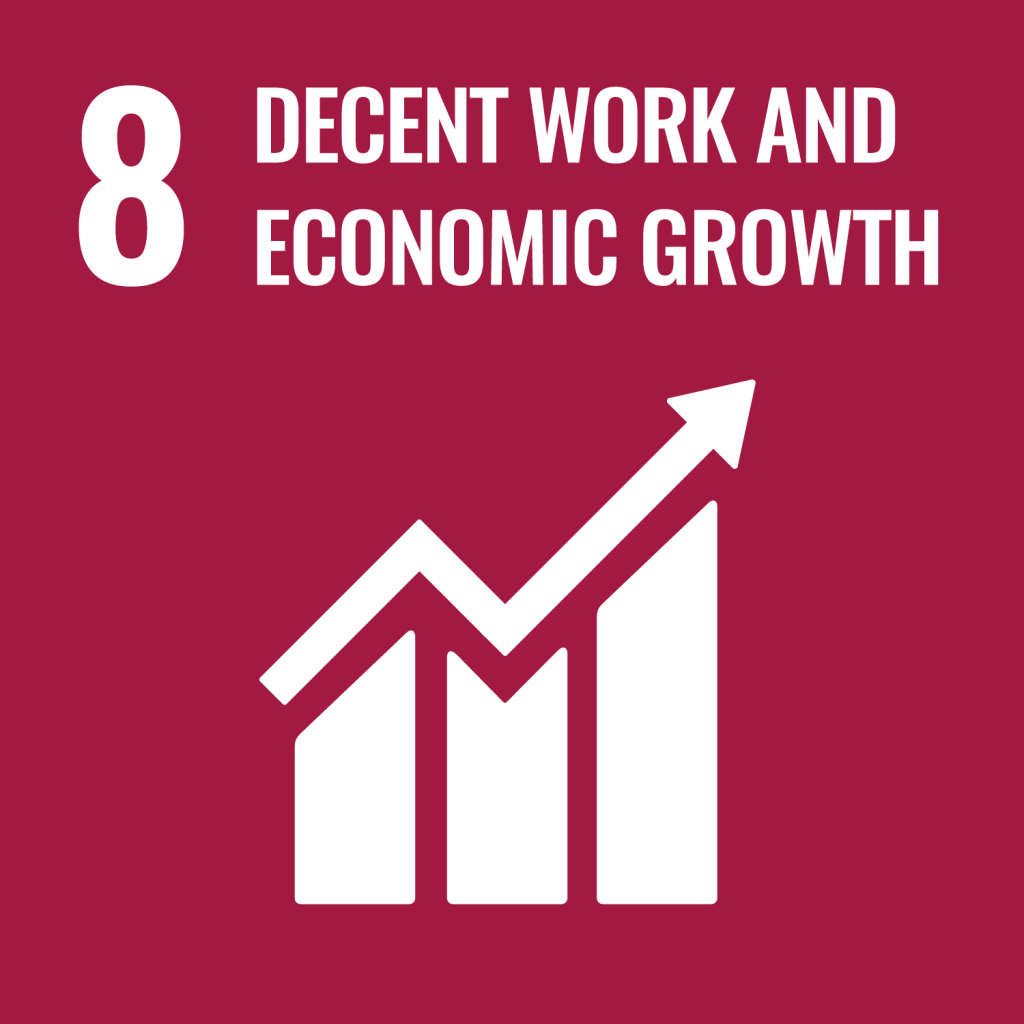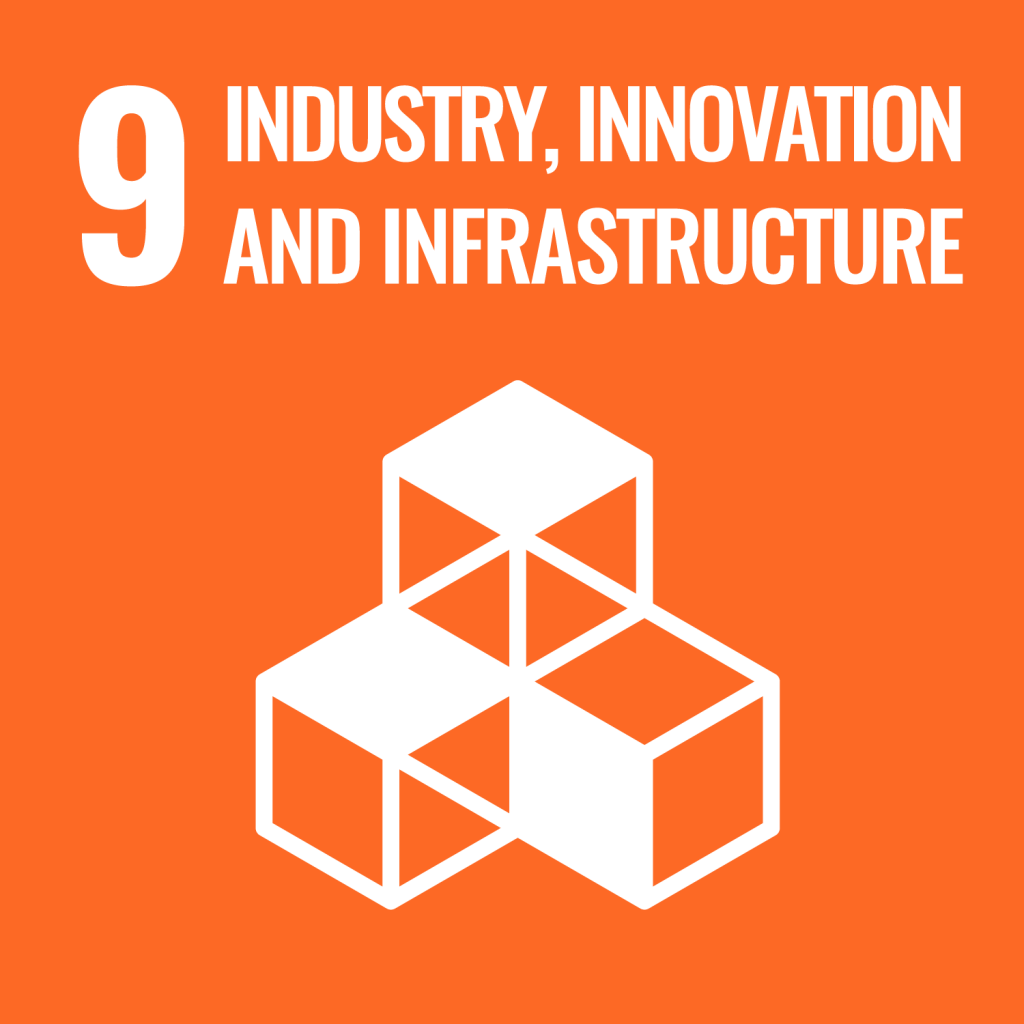Doña Panela S.A.
Medium (49-500 employees)
Secondary
Manufacturing
Lesson
A single SME has the potential to organize and reconfigure an agricultural area through investment, technical support, and building long-term alliances. SMEs that expand their planning horizon and work towards a regional development vision can establish a longer arch of sustainability practices. The potential for SMEs to create the conditions for complementary companies to emerge and work with similar values represents the basis for sustainable future pathways at the local scale. This case illustrates the important role of a single SME that is driven by sustainability-informed values and how it has reconfigured the agricultural landscape in a small region of Colombia.
Background
Doña Panela is a company located in the municipality of Chitaraque. It was founded in 1994 by a family from the region. The family had the vision of making panela, a product that is used for a type of sweetened drinks with a local crop. This product has begun to be exported to Venezuela, Spain and the United States, which has contributed to economic growth in the agricultural region where it is produced.
In 2006, Doña Panela began the implementation of crops, taking advantage of the changes in consumption habits in the market towards organic consumption. The company began by looking for a certifying entity that supports them throughout the process of certifying land for organic agriculture. Organic growing practices are relatively new in Colombia, being only present in the last 15 years. Therefore, this was a new model of work and the necessary advice to implement this practice was not found in the country.
An international company supported Dona Panela and the farmers in its supply chain to transform their conventional crops to 100% organic crops. This process lasted three years as they had to change all of their planting practices, the type of inputs, and irrigation under which the crops are grown.






Sustainability Story
Doña Panela is characterized by working in partnership with farmers in the region, involving them from the planting process to the distribution process, thus generating employment and improving the quality of life of the inhabitants of the municipality of Chitaraque (Boyacá).
It began with setting up a composting plant which is made up of sugarcane waste, food waste from collaborators, and molasses to create microorganisms that help decompose the compost. Weeding began manually so as not to fumigate the crops and contaminate the soil. This practice requires three times more labour than traditional crops.
In 2009, they received the certifications USDA (United States Department of Agriculture), JAS (Japan Organic Standard), EU (Europe Ecological Certification), however, it should be clarified that this practice is costly for the panela industry because they must pay an annual amount of $15,000 USD per year to certify organic crops.
In the development of the sale of organic panela, it was found that the national market remained uninterested in organic products because they were associated with high costs and were unclear about the benefits that this brings to the environment. Further, in the international market the competitors are bigger, making price competition nearly impossible. As an advantage after 10 years, they realized that the land, when cultivated with organic products, did not lose its productive capacity while conventional crops did.
As a second practice, Doña Panela, since the beginning of its operation, has sought to formalize employment in the countryside so that the peasants who go out to work have decent work with all the benefits required by law. They also firmly believe in gender equality and the importance of women’s participation in the world of work. For this reason, in positions where intense physical strength is not necessary, it is sought that they are held by a woman. Currently, 37% of employees are women.
Doña Panela S.A. Practices
| Organic agriculture supply chain | Formalize inclusive labor practices | Community trainings |
|---|---|---|
| Support local farmers to convert land to organic certification and grow organic sugarcane products to prevent a decline in soil fertility and land degradation. | Including the formalization of rural labor, increasing women’s roles in the labor market, and closing the gender wage gap. | Promote organic farming to tourists and encourage overall tourism in the region. |
Pathway Map
Community Trainings
View the Pathway MapFormalize Inclusive Labor Practice
View the Pathway MapOrganic Agriculture
View the Pathway MapEnabling Factors for Practices
| Internal to the organization | External to the organization |
|---|---|
| Visionary Partners: who saw that having 100% organic crops was an opportunity and an important differentiator, both in the national and international market. | Community of farmers interested in organic production: Have the workforce to make the change of techniques for crop management. |
| Have the capital for the initial investment: the economic resources to convert from conventional to organic farming | International certification body: Provided accompaniment and implementation of organic crops, as well as guidance and technical assistance. |
| Culture Ministry: Have the support of the Ministry of Culture to publicize the panelera route and thus promote the product and its good cultivation practices. |
Arresting Factors for Practices
| Internal to the organization | External to the organization |
|---|---|
| Resistance to change: From employees to the requirements of growing and maintaining organic crop production. | A national market: That is not interested in 100% organic products and does not consume them. |
| Complex processes: Implementation of many controls for the traceability of organic crops. | An international market: Where prices are paid with lower costs than those of the company. |
| Lack of labor: for crops, young people migrate to the cities. Having people to work in the fields is one of the main challenges for agriculture in this region. | A high cost of certifications: of organic crops that requires high costs of inspectors, investments to resolve inconsistencies or additional requirements of these mechanisms. |
| Lack of knowledge of the cultural value of this production: This is on the part of the national and international tourists of the panelera route as a destination of cultural values. |
Lessons for Disaster Risk Reduction
A company that is anchored to a supply chain dispersed within a locality or shared geographic context has the opportunity to share information related to disaster and climate risk, involve suppliers and partners in making long-term decisions to strengthen disaster prevention, response and recovery. Coordinated and coherent actions to build community resilience is the key to long term sustainable economic viable industries, communities and businesses.
